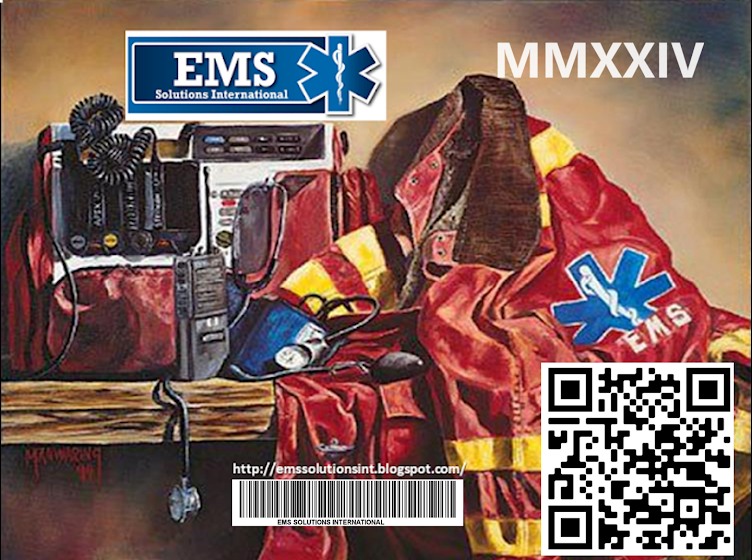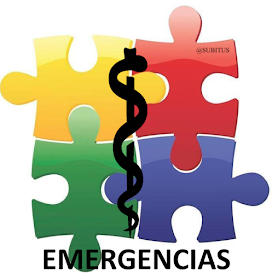💡10 hechos fascinantes sobre tu corazón🫀
1. ¿Cuántas veces late un corazón durante el día?
En promedio, el corazón de un adulto late:
– 72 veces por minuto
– 100.000 veces al día
– 36.000.000 veces al año
2. ¿Cuál es el peso del corazón humano?
Un corazón saludable solo pesa 11 onzas en promedio y puede bombear 2,000 galones de sangre a través de 60,000 millas de vasos sanguíneos cada día.
3. ¿Cuánta energía genera el corazón humano?
A lo largo de su vida, el corazón humano tiene el poder de crear suficiente energía para conducir un camión a la luna y de regreso.
4. ¿Cómo se distribuye la sangre por el cuerpo?
– 5% va al corazón
– 20% va al cerebro y sistema nervioso central
– 22% va a los riñones
5. ¿Cuántas células reciben sangre?
75 billones de células reciben sangre bombeada desde el corazón.
6. ¿Es el corazón humano un músculo poderoso?
Durante toda la vida, el corazón humano genera 2,5 gigajulios de energía, lo que lo convierte en el músculo que realiza la mayor parte del trabajo físico.
7. ¿Qué corazón late más rápido? ¿Hombre o mujer?
El corazón de una mujer late más rápido que el de un hombre:
– Mujer: 78 pulsaciones por minuto.
– Hombre: 70 pulsaciones por minuto.
8. ¿Afecta la falta de sueño al corazón humano?
La falta prolongada de sueño puede causar latidos cardíacos saltones irregulares llamados contracciones ventriculares prematuras (PVC).
9. ¿Qué tan rápido viaja la sangre a través del cuerpo humano mientras descansa?
Cuando el cuerpo está en reposo, toma la sangre:
– 6 segundos para ir del corazón a los pulmones y viceversa.
– 8 segundos para ir al cerebro y volver.
– 16 segundos para llegar a los dedos de los pies y viajar de regreso al corazón
10. ¿Todos los órganos reciben sangre?
Las córneas son las únicas partes del cuerpo que no reciben sangre del corazón. Como no tienen vasos sanguíneos, obtienen los nutrientes a través de las lágrimas y el humor acuoso.
(Fuente: Qardio)
Crédito de la imagen: Doctora Jana Cosa Nostra (@doctorjana57)
⭐️➡️ SÍGUEME para obtener más información sobre salud (cuidado), salud mental, (neuro) ciencia, salud digital, inteligencia artificial, tecnología médica, biotecnología
#salud #ciencia #saludpublica
#bienestar #salud #medicina
💡10 Fascinating Facts About Your Heart🫀
1. How many times does a heart beat during the day?
On average, an adult’s heart beats:
– 72 times a minute
– 100,000 times a day
– 36,000,000 times a year
2. What is the weight of the human heart?
A healthy heart only weighs 11 ounces on average and can pump 2,000 gallons of blood through 60,000 miles of blood vessels each day.
3. How much energy does the human heart generate?
In a lifetime, the human heart has the power to create enough energy to drive a truck to the moon and back.
4. How does blood get distributed through the body?
– 5% goes to the heart
– 20% goes to the brain and central nervous system
– 22% goes to the kidneys
5. How many cells receive blood?
75 trillion cells receive blood pumped from the heart.
6. Is the human heart a powerful muscle?
During a lifetime, the human heart generates 2.5 gigajoules of energy, making it the muscle that does the most physical work.
7. Which heart beats faster? Man or woman?
A woman’s heart beats faster than a man’s:
– Woman: 78 beats per minute.
– Man: 70 beats per minute.
8. Does lack of sleep affect the human heart?
Prolonged lack of sleep can cause irregular jumping heartbeats called premature ventricular contractions (PVCs).
9. How fast does blood travel through the human body while resting?
When the body is at rest, it takes the blood:
– 6 seconds to go from the heart to the lungs and back.
– 8 seconds to go to the brain and back.
– 16 seconds to reach the toes and travel all the way back to the heart
10. Do all organs receive blood?
The corneas are the only parts of the body that receive no blood supply from the heart. Since they don’t have blood vessels, they get nutrients via tears and aqueous humor.
(Source: Qardio)
Image Credit: Doctor Jana Cosa Nostra (@doctorjana57)
⭐️➡️ FOLLOW me for more on Health(care), Mental Health, (Neuro)science, Digital Health, AI, MedTech, Biotechnology
#health #science #publichealth #wellness #healthcare #medicine
Dr Ramon REYES, MD,
Por favor compartir nuestras REDES SOCIALES @DrRamonReyesMD, así podremos llegar a mas personas y estos se beneficiarán de la disponibilidad de estos documentos, pdf, e-book, gratuitos y legales..
Grupo Biblioteca/PDFs gratis en Facebook
https://www.facebook.com/groups/PDFgratisMedicina #DrRamonReyesMD
Facebook
https://www.facebook.com/DrRamonReyesMD
Instagram
https://www.instagram.com/drramonreyesmd/
Pinterest
https://www.pinterest.es/DrRamonReyesMD/
LinkedIn
https://www.linkedin.com/in/drramonreyes/
Twitter
https://twitter.com/eeiispain
Blog
http://emssolutionsint.blogspot.com/2016/12/dr-ramon-reyes-diaz-md-emt-t-dmo.html
TELEGRAM
Group https://t.me/joinchat/GRsTvEHYjNLP8yc6gPXQ9Q





No hay comentarios:
Publicar un comentario